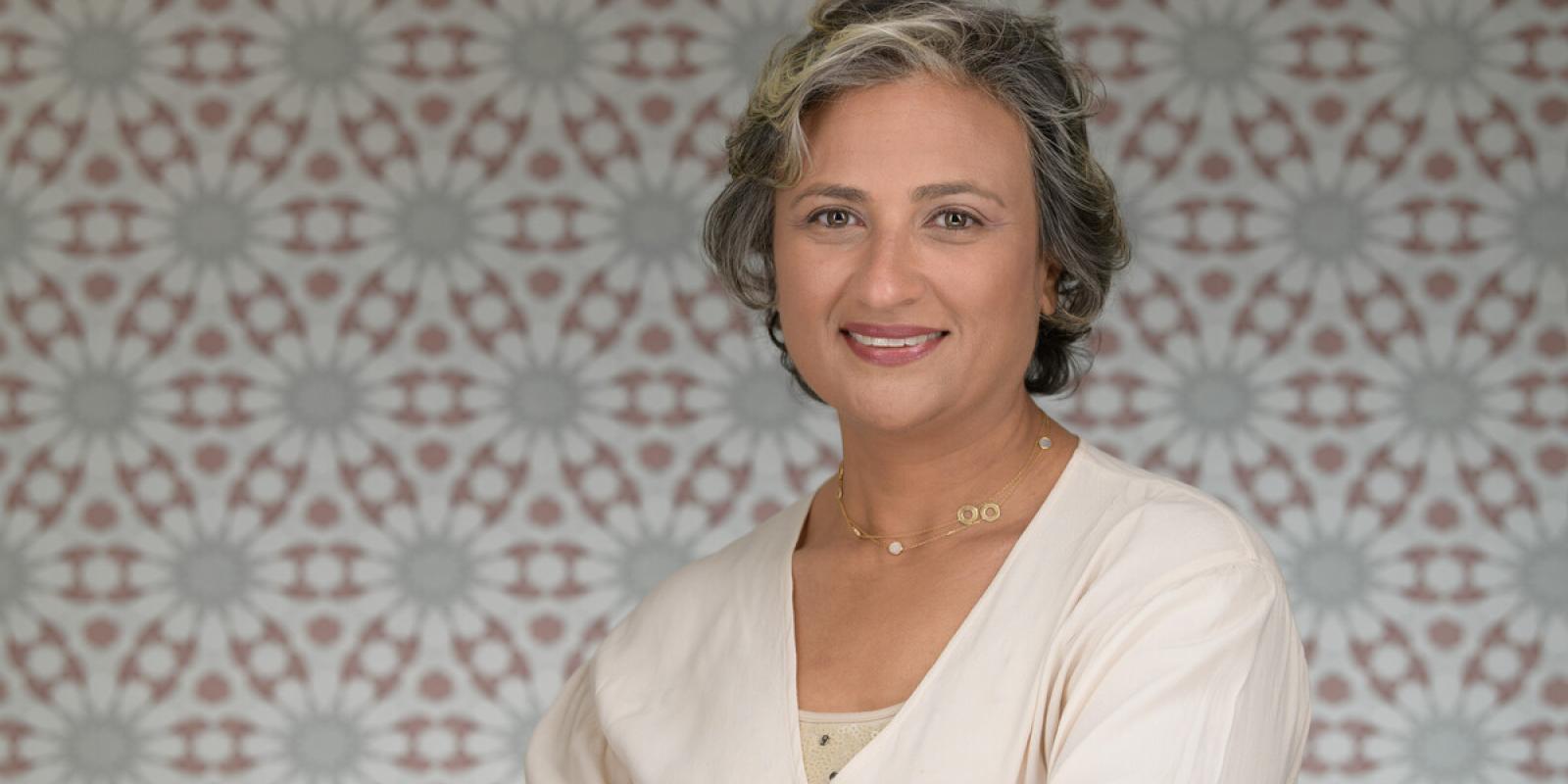
AUC Press Publishes New Book about Women's Power and Autonomy in Ancient Egyptian Society
The American University in Cairo Press (AUC Press) published a new book on the power and autonomy of women in ancient Egyptian society titled Women in Ancient Egypt: Revisiting Power, Agency, and Autonomy. Edited by Mariam Ayad ‘94, associate professor at AUC’s Department of Sociology, Egyptology and Anthropology, the book is the result of a 2019 conference held at AUC, during which Ayad and fellow scholars and Egyptologists discussed their research and findings on women in ancient Egypt across multiple domains such as law, portrayal in literature and access to power. Following the conference, Ayad began compiling and editing the book. “The volume provides an in-depth exploration of several facets of the female experience in ancient Egypt, examining their participation in the economic domain, their professional capacity and identity,” she explained. “Many of the papers in this volume are the result of recent doctoral research by their authors, so it really is hot-off-the-press, cutting-edge research.”
The volume is a collection of about 24 essays offering a corrective perspective on women in ancient Egypt. Each chapter delves into a specific case study, focusing on a particular period in time or historical figure. The essays show plenty of evidence for female agency in ancient Egypt, spanning the earliest eras all the way to the Late Antique period.
Ayad explained that the idea for the conference and subsequent book stemmed from her frustration with gender bias in Egyptology. “Although today the majority of Egyptologists are female, it’s clear that many “facts” about women in ancient Egypt are not true and were actually tailored to the preconceived notions of white, middle-aged, male Western scholars,” said Ayad, whose interest in ancient Egyptian women started early on. She did her dissertation and first book on the women who held the title of God’s Wife of Amun. “These were women of power who had religious access, who were single, as far as we know, and yet they were on par with the king in temple ritual. So there was already this idea that women had more access to power than they're typically given credit for.”
Pointing out the scholarly bias against evidence of female agency, whether it's in ancient Egypt or Coptic Egypt, Ayad said: “Often it is assumed that women were powerless and couldn't do anything when in fact, in ancient Egypt, women owned and inherited property, initiated divorce and sat on city councils.”
Ayad added that she had learned a lot from every single contribution in the book and as part of the readings for her course on women in ancient Egypt at AUC, she will be using almost all of the contributions in this recently published book in her class.